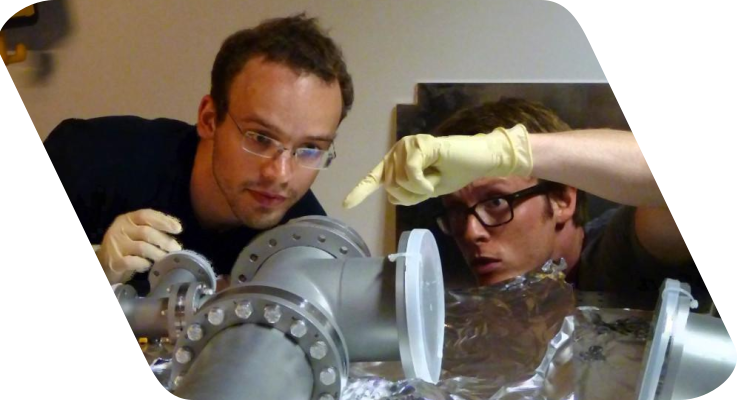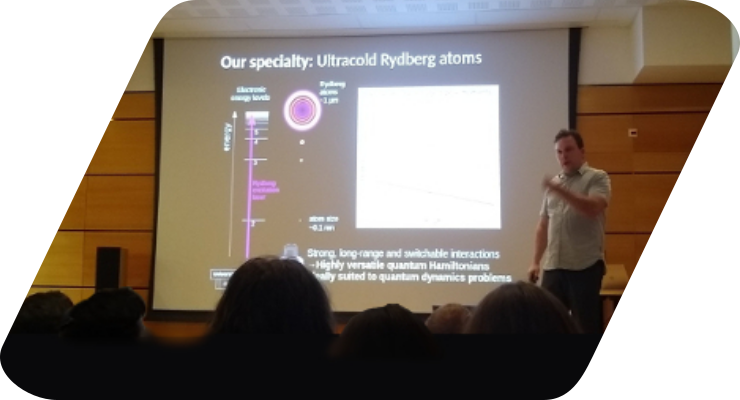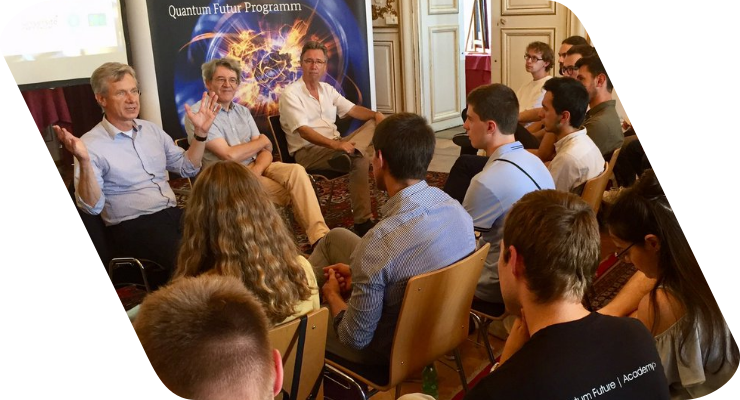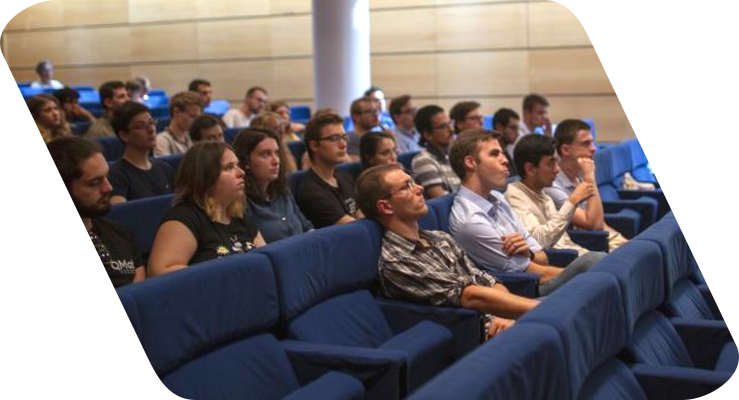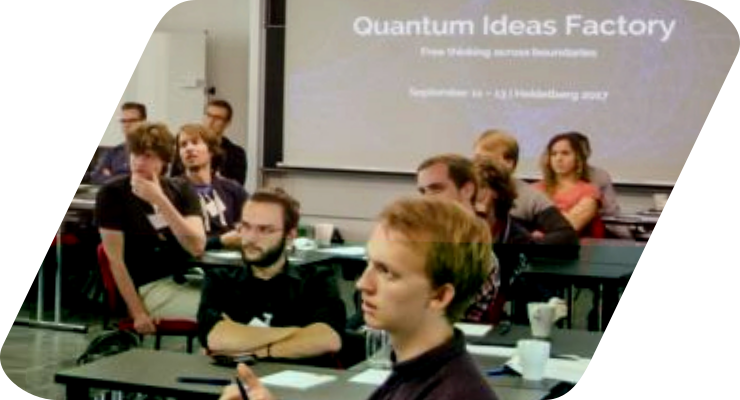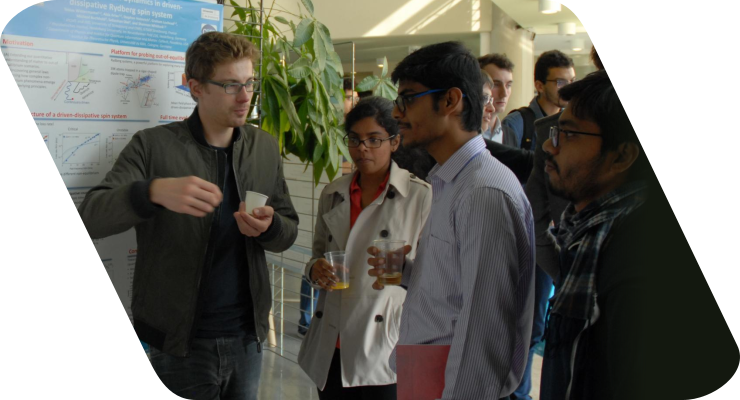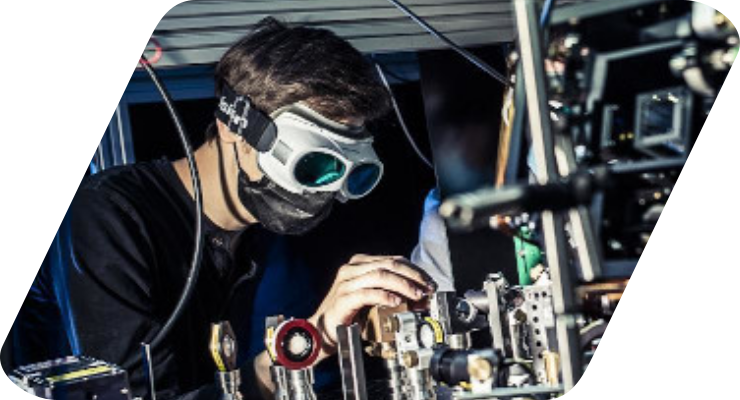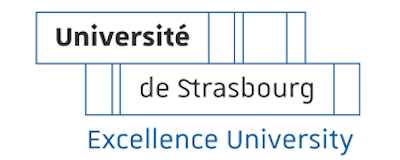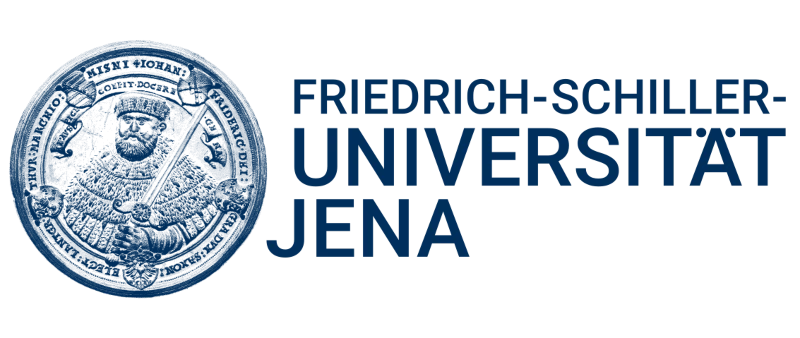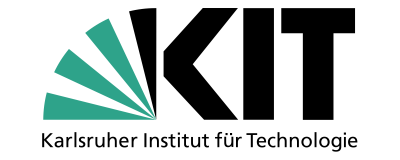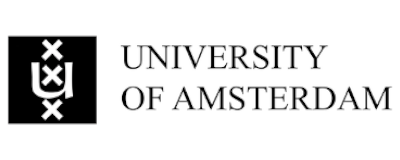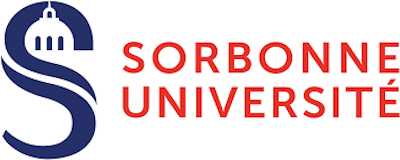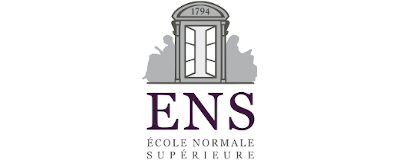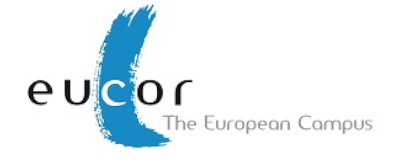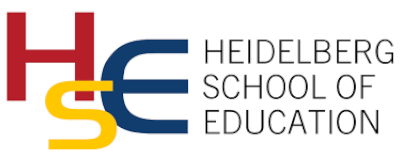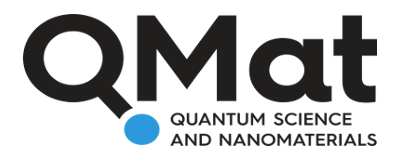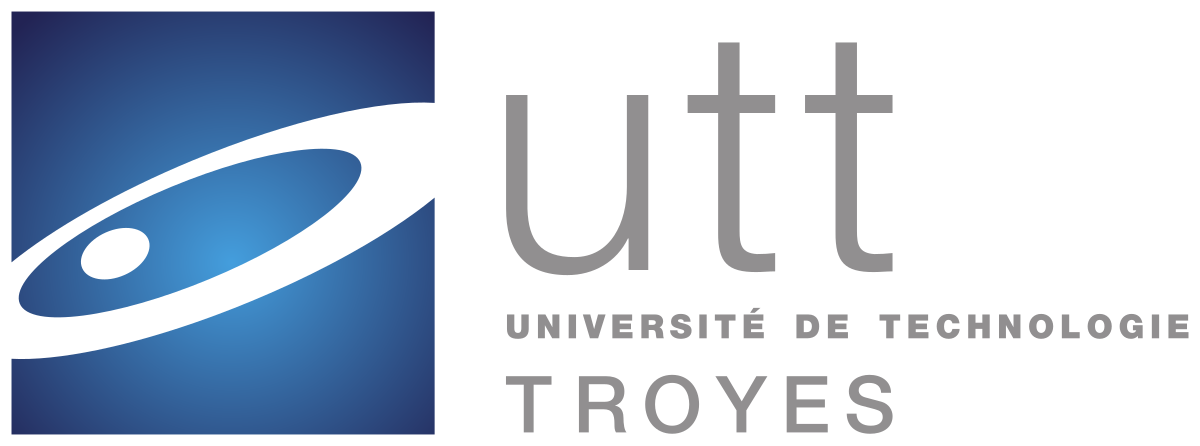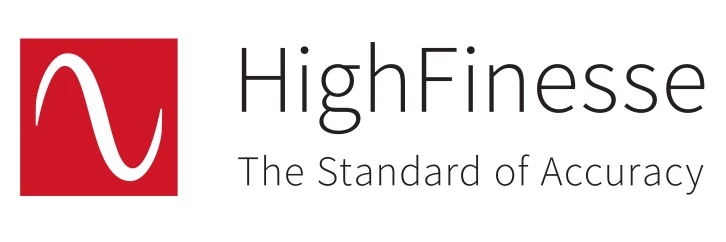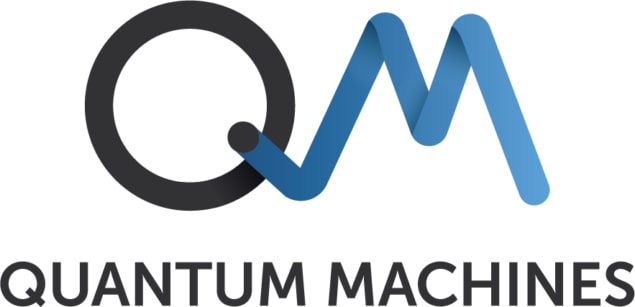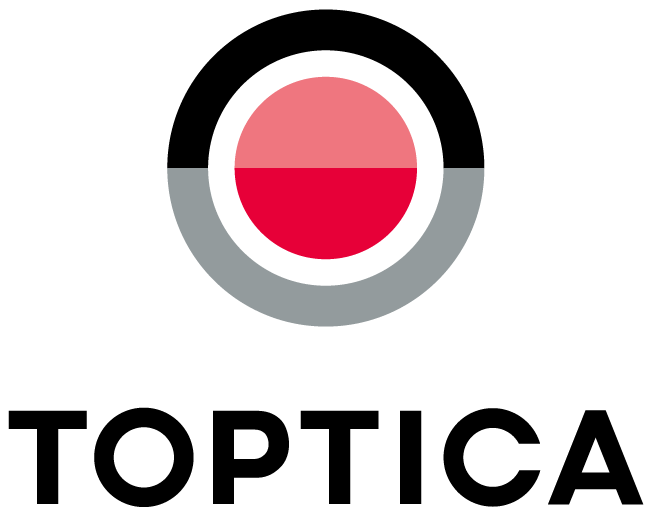Eucor – The European Campus is a trinational alliance of five universities including KIT and University of Strasbourg, as well as the universities of Basel, Freiburg, and Haute-Alsace and is the first European Grouping of Territorial Cooperation (EGTC) run exclusively by universities. KIT and University of Strasbourg are the leading Eucor partners in the focus area “Quantum Science and Technology” and thus collaborate with each other in many ways, i.e. in the EU funded, joint doctoral programme “Quantum Science and Technology at the European Campus” (QUSTEC, 38 doctoral students) and through a newly established joint professorship in Quantum Science. The established procedures in Eucor, i.e. in the field of student mobility, registration and recognition of credits, provide extra support for students who wish to complement their studies with international experience.
